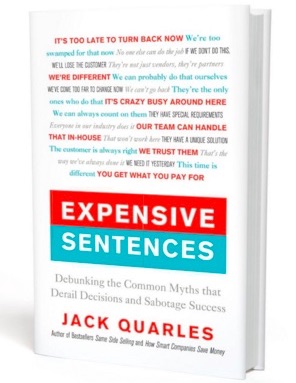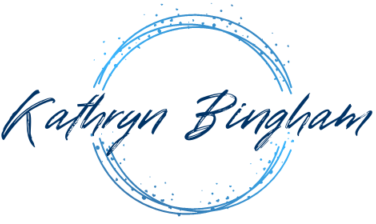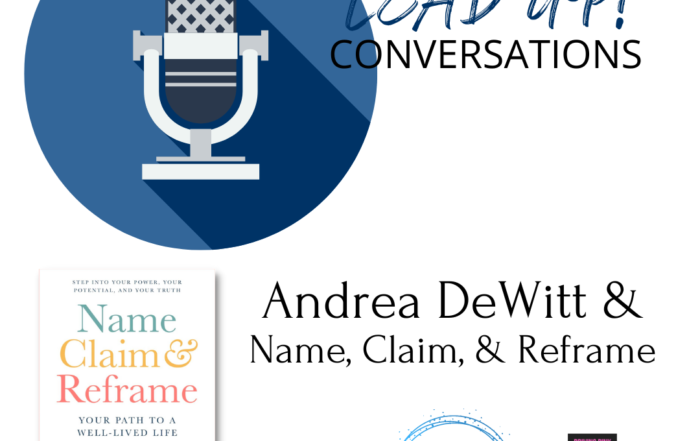How to Derail Decisions & Sabotage Success

It’s too late to turn back now. We’re different. That won’t work here. Recognize these? Statements like these represent what Jack Quarles calls “expensive sentences”—the title of his latest book. In Expensive Sentences: Debunking the Common Myths that Derail Decisions and Sabotage Success, Quarles helps leaders recognize and address such faulty assumptions. Expensive sentences can be found in any environment: corporate, government, education, non-profit, and personal.
Quarles’ background is in expense management and procurement. Two prior books titles include Same Side Selling and How Smart Companies Save Money. Quarles describes stumbling upon the concept of expensive sentences in the context of making large-scale corporate purchasing decisions. Instead of focusing on a process to identify the best solution given available resources, a specific statement would narrow the options and drive the resulting decision and outcome.
Expensive sentences, according to Quarles, can be misleading and tend to hold more sway over decisions than they should. When, for example, a senior leader suggests, “we need to focus on ABC company—they’re the best in the business,” or “you get what you pay for—if we pay more, we’ll get a better product,” assumptions imbedded in these statements drive how broadly or narrowly we look for solutions, how we decide from amongst options, and behavior relating to the decision-making and implementation.
Although the language of expensive sentences takes many forms, Quarles aligns each to three critical categories he frames as “stuck,” “special,” or “scarce” myths. Stuck myths declare why something can’t be done, and limit options by declaring a set of boundaries. Special myths ascribe uniqueness to a group or situation, where normal consideration or rules do not apply. Scarce myths assert an absolute finiteness to resources that precludes solving problems in different ways.
The illusion of an expensive sentence can be overcome through a process of questioning central assumptions. Sometimes the statements hold a nugget of truth, which strengthens the enticement to adhere to these. Throughout the book, Quarles provides readers with exercises and questions to apply to improve understanding of what is, expand what can be, and apply more effective analysis and decision making to achieve desire results.
A “stuck” myth, for example, might tell us “it’s too late to change.” Three questions to evaluate our basis for whether sticking to a course of action reflects the true reality of our situation include:
- How open (or not) are we to consider “new information?” In other words, does our current understanding limit our willingness to examine information counter to our beliefs?
- Is our view bounded by events of the past and limiting options leading to an alternative future?
- Are we truly considering consequences of a decision to “change” versus “stay on course,” if one of the options is “easier?”
Quarles includes potential responses to address limiting statements. These sample scripts respect an individual or team who promotes an expensive sentence, while opening the door to new thinking. When we hear an explicit statement, Expensive Sentences suggests leaders and teams reframe thinking: What do we know to be true? Under what circumstances does this represent truth? When might it actually not be true? Throughout his book, Quarles weaves in how the concepts apply both in the workplace and in a leader’s personal life.
What expensive sentences do you see surfacing in your life and work? You have the power to overcome limiting beliefs and engage in change that transforms. To learn more about Expensive Sentences, read the LEADistics review or pick up your own copy. To further your leadership, or that of your team, reach out to Dr. Kathryn Bingham by clicking here.
Thank you for visiting Dr. Kathryn Bingham’s blog! We invite your discussion at LEADistics’ community page. Fans and honest critics are welcomed! Please see our Comments Policy and reuse Permissions on the FAQ page. All posts are covered by copyright law, with all rights reserved.
Social Share
Recent Posts
LeadUP! Juana Bordas
This LeadUP! Conversation features Dr. Juana Bordas, president of Mestiza Leadership International and author of newly updated The Power of Latino Leadership (listen or watch here). Bordas shares how her immigrant experience shaped her leadership. [...]
Power of the Pivot
The idea seems simple. When something isn’t working, just change. Shift. Adapt. But our brain sabotages the effort. We’re convinced that if we just do better or try harder with our current path or process, [...]
LeadUP! Andrea DeWitt
In this LeadUP! episode, Dr. Kathryn Bingham and author Andrea DeWitt talk about her new book, Name, Claim & Reframe and how individuals can step into their power, their potential, and their truth. Both the [...]





